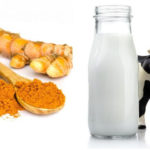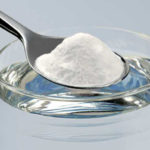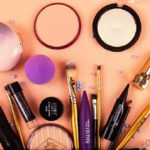1. Overnight Moisturizing
Your skin goes into repair mode while we sleep. This is the best time to replenish nutrients. You should start moisturizing with a clean face, then apply a layer of moisturizing serum to your face and neck and finish with a moisturizer.
You should note that our skin’s oil production is actually at its lowest at night, as this is when our bodies lose the most water, so you can add an extra step with a sleeping mask.
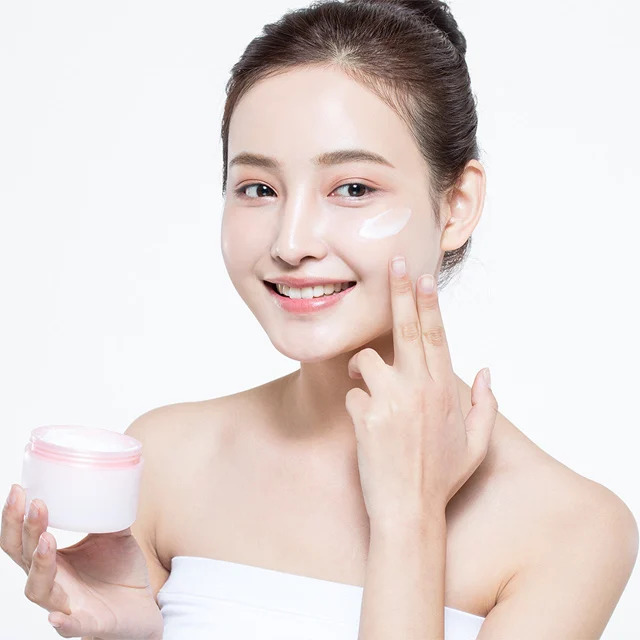
2. Maintain Moisture and Hydration
If there’s one thing to emphasize about the importance and also something that many people get wrong, it’s maintaining moisture and hydration. Our skin takes in water from the inside out. It means that if you’re not drinking enough water, your skin will become drier. Water keeps the skin hydrated and helps maintain elasticity.
Water doesn’t go directly into your skin after you drink it. Instead, it goes through your digestive system, into your blood, then gets filtered, and eventually reaches your cells. Though the skin cells also benefit from water intake. However, it’s important to keep the water in the skin from evaporating, a process called transepidermal water loss – which is natural, as water evaporates from the skin throughout the day. We can slow down this process by choosing skincare products that help lock in moisture.
3. Avoid Drying Ingredients
Creams labeled as “moisturizing” don’t always live up to their purpose. Products that contain alcohol, fragrance, or high concentrations of Glycolic Acid. Alcohol not only dries out the skin but can also cause irritation, redness, and in some cases even eczema.
Glycolic Acid is an AHA exfoliant that benefits the process of cell generation and renewal, which is useful for those with dull skin. However, for those with dry, sensitive skin, high concentrations of Glycolic Acid can lead to breakouts, causing the skin to lose moisture and become more prone to irritation.
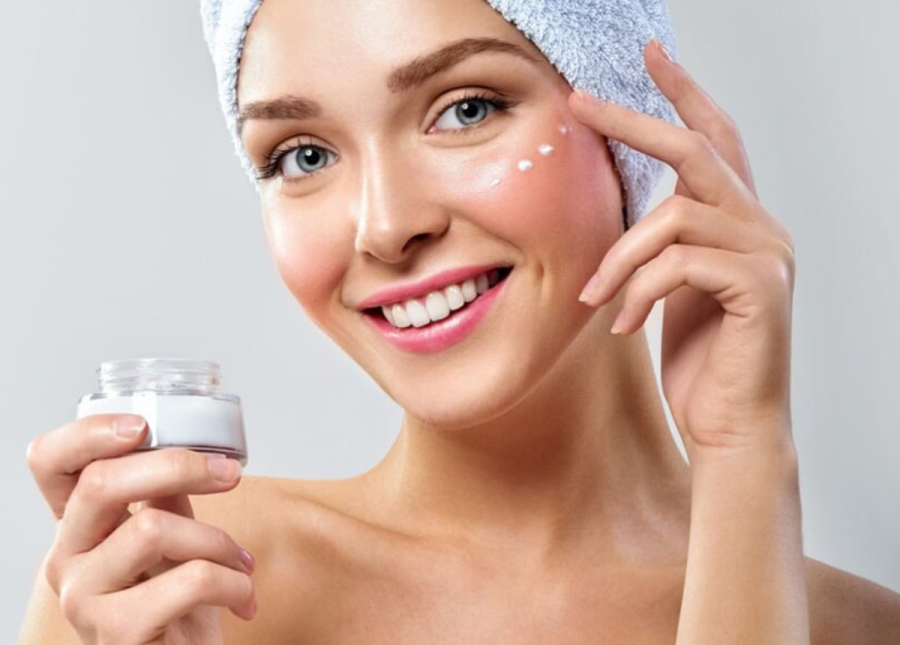
In addition, the use of Benzoyl Peroxide and harsh soaps should be handled with caution. Benzoyl Peroxide is very strong and can cause irritation and peeling, while also making your skin more susceptible to bacterial infection, potentially leading to more acne.
Soap is alkaline, meaning it has a high pH, sometimes as high as 10, whereas our skin functions best at a pH of around 5.5-6.5. When alkaline substances persist on the skin for too long, they will cause buildup and eventually damage the skin over time.
4. Proper Use of Moisturizing Products
The key is to apply all moisturizing skincare products properly to maximize benefits without clogging the pores.
You should apply moisturizer on damp skin without rubbing too hard as this can dry and irritate the skin. For those with dry skin, the denser the moisturizer, the better, as it creates a barrier to lock in moisture. For excessively dry skin, opt for oil-based moisturizers rather than water-based ones.
5. Use Suitable Exfoliants for the Skin
While all can be suitable for dry skin, what’s important is to choose products that contain nourishing ingredients to counteract any potential hidden irritation. Mechanical exfoliants remove dead skin cells using crystals or particles. If you’re using similar products, you should look for gentle ones for your skin.
Choose round silica crystals to gently remove dead skin without causing irritation.
Depending on your skin type or condition, you should choose the appropriate exfoliating products.
























